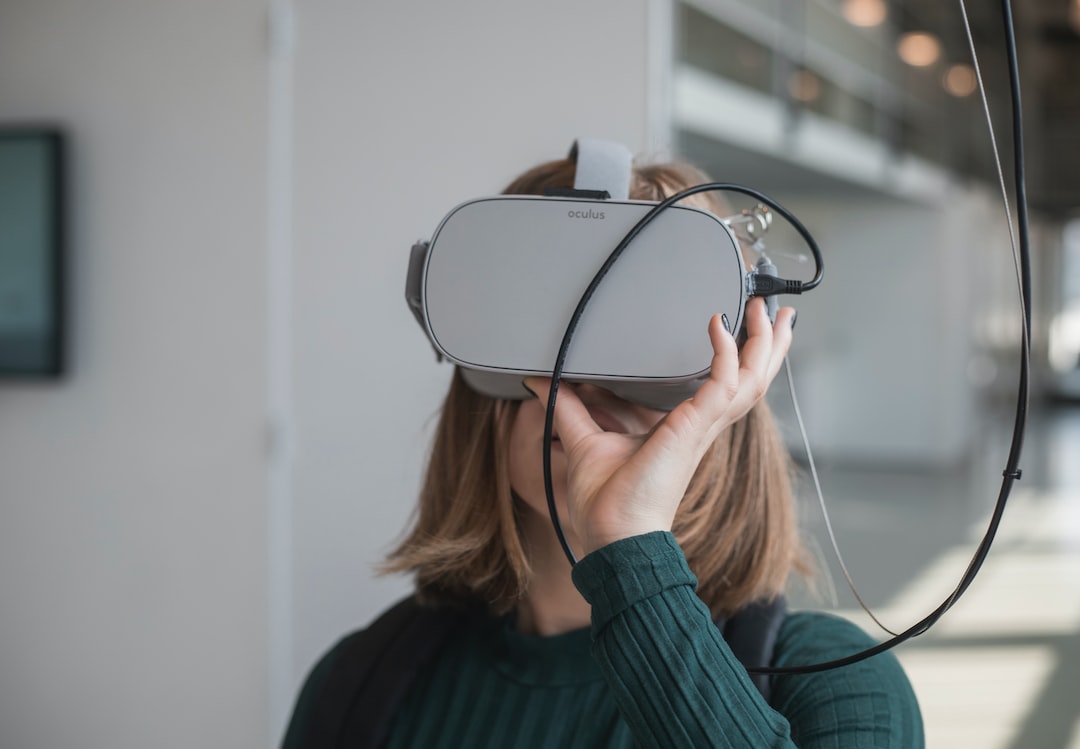Effective Study Tips for Different Learning Styles
Every individual has a unique way of learning and processing information. Some people are visual learners, while others are auditory or kinesthetic learners. Understanding your learning style and tailoring your study techniques accordingly can significantly improve your learning experience and help you achieve better results in your studies. In this article, we will explore effective study tips for different learning styles.
1. Visual Learners:
Visual learners find it easier to understand and remember information when it is presented in a visual form. Here are some study tips for visual learners:
a) Use diagrams and flowcharts: Visual learners benefit greatly from visuals, so try creating diagrams and flowcharts to represent the information in a visually appealing way. This will help you grasp and retain the material better.
b) Color-code your notes: Assign specific colors to different concepts or ideas in your notes. This will make it easier for you to organize information and recall it during exams.
c) Utilize flashcards: Create flashcards with visuals and related information to help you visualize and remember key concepts. You can also use online flashcard tools to create digital flashcards.
d) Watch videos or tutorials: Visual learners often learn better through videos or tutorials. Look for educational videos or tutorials related to your subject and watch them to supplement your learning.
2. Auditory Learners:
Auditory learners understand and remember information better when it is presented in an auditory form. Here are some study tips for auditory learners:
a) Record lectures or study groups: Use a voice recorder during lectures or study groups and listen to them later. Listening to the content again will reinforce your understanding and help you remember it more effectively.
b) Use audio resources: Explore audio resources, such as audiobooks or podcasts, related to your subject. Listen to them while commuting or during your free time to immerse yourself in the topic.
c) Study out loud: When studying, read your notes or textbooks out loud. This will engage your auditory senses and help you absorb the information more effectively.
d) Engage in discussions: Participate in study groups or engage in discussions with classmates to reinforce your understanding of the topic. Talking about the subject matter will help you process and remember the information.
3. Kinesthetic Learners:
Kinesthetic learners understand and remember information better when they engage in physical activities related to the subject. Here are some study tips for kinesthetic learners:
a) Use hands-on activities: Incorporate hands-on activities into your learning process. For example, if you are studying biology, perform experiments or create models to understand complex concepts.
b) Take breaks for physical activity: Kinesthetic learners often need to move around to stay engaged. Take short breaks during your study sessions to engage in physical activities, such as stretching or walking.
c) Use manipulatives: Utilize manipulatives, such as cubes, counters, or puzzles, to explore mathematical or scientific concepts. These tangible objects will help you understand abstract ideas.
d) Teach someone else: Teach a friend or family member about what you have learned. Explaining concepts to others forces you to engage with the material from a kinesthetic perspective.
Regardless of your learning style, it is essential to create an effective study environment that suits your needs. Ensure you have a comfortable and well-lit space, free from distractions. Experiment with different study techniques and find what works best for you. Remember that a combination of techniques may be beneficial, even if you identify strongly with a specific learning style.
In conclusion, understanding your learning style and employing study techniques that cater to your preferences can significantly enhance your learning experience. By incorporating visual aids, audio resources, or kinesthetic activities into your study routine, you can improve your understanding, retention, and academic performance. Take the time to explore different methods and find the ones that work best for you. Happy studying!

